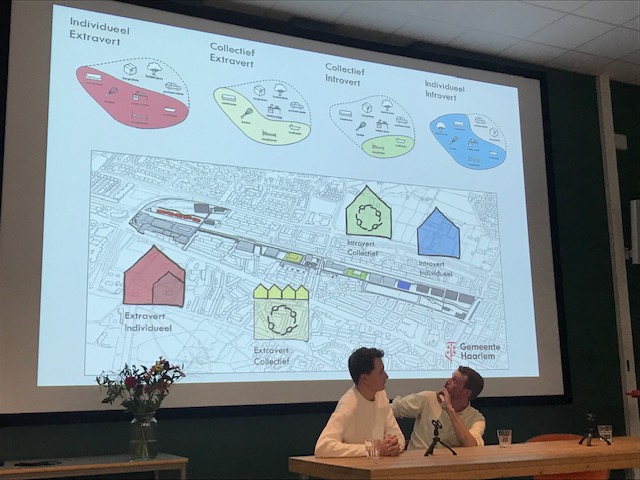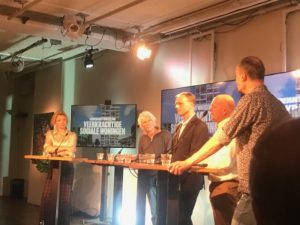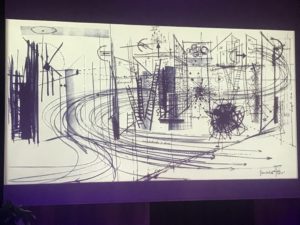A most interesting exposition in Brussels CIVA on the work of architect A.J. Lode Janssens, in particular his ‘Balloon Home’. He is “one of Belgium’s most radical architects and educators. However, for the past two decades he has been living in voluntary exile, resisting any form of public life. Throughout his career he had an ambiguous relationship with architecture, fascinated by its experimental possibilities but equally appalled by its often presumptuous nature.”
A discussion between curators Peter Swinnen and Nikolaus Hirsch illustrates the importance and actual value of this work:
https://www.civa.brussels/en/exhibitions-events/expo-aj-lode-janssens-balloon-home



